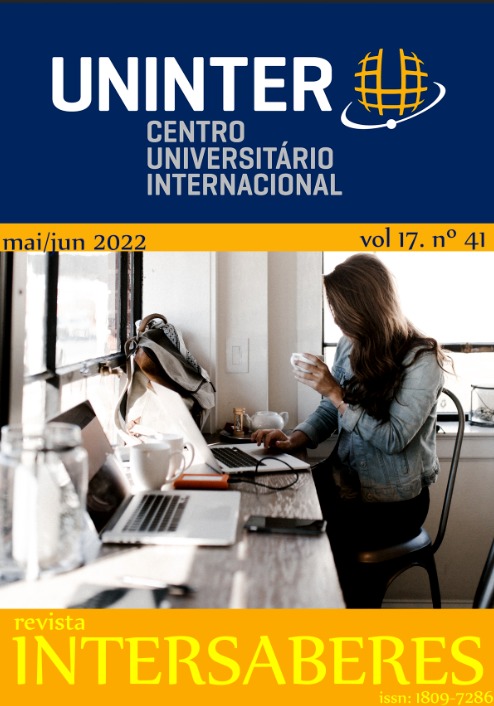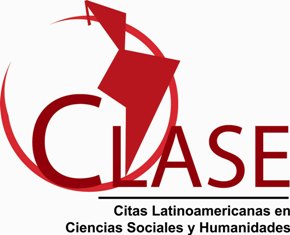A sistematização coletiva do conhecimento na aula de estatística e probabilidade – uma alternativa metodológica nos cursos de gestão
DOI:
https://doi.org/10.22169/revint.v17i41.2332Abstract
The continuous changes in education require reflection on new practices in Statistics and Probability teaching. The teacher’s role facing globalization’s emerged changes requires behavioral and methodological changes. In this context, this article presents the application of an alternative methodology to the traditional axis of transmission-assimilation, to demonstrate new possibilities for statistics and probability teaching in management courses at Estácio University in Curitiba. This article objective is to present the results obtained with the Collective Systematization of Knowledge methodology application in the class of Statistics and Probability in the Business Administration and Accounting courses of Estácio University in two different contexts: face-to-face teaching and remote teaching. To this end, at two different times, in 2019 and 2020, the methodology (MARTINS, 2009) was applied with undergraduate students of the management courses, according to the particularities of the remote and face-to-face modalities, through survey-teaching (SEVERINO, 2017), observations, discussion group and questionnaires. The results showed very similar indications for both remote and face-to-face teaching regarding the collective systematization of knowledge (MARTINS, 2009) as a methodological alternative for statistics and probability classes in management courses in the institution involved in the study.
Downloads
Downloads
Published
How to Cite
Issue
Section
License
Copyright (c) 2022 REVISTA INTERSABERES

This work is licensed under a Creative Commons Attribution-NonCommercial-NoDerivatives 4.0 International License.
Os direitos autorais dos artigos publicados na Revista são de acordo com a licença CC-BY-ND - Creative Commons ( https://creativecommons.org/licenses/by-nd/4.0/legalcode)
Esta licença permite que outras pessoas reutilizem o trabalho para qualquer finalidade, inclusive comercialmente; no entanto, não pode ser compartilhado com outras pessoas de forma adaptada e o crédito deve ser fornecido ao autor.
Os direitos autorais dos artigos publicados na Revista são do autor, com os direitos de primeira publicação para a Revista





























